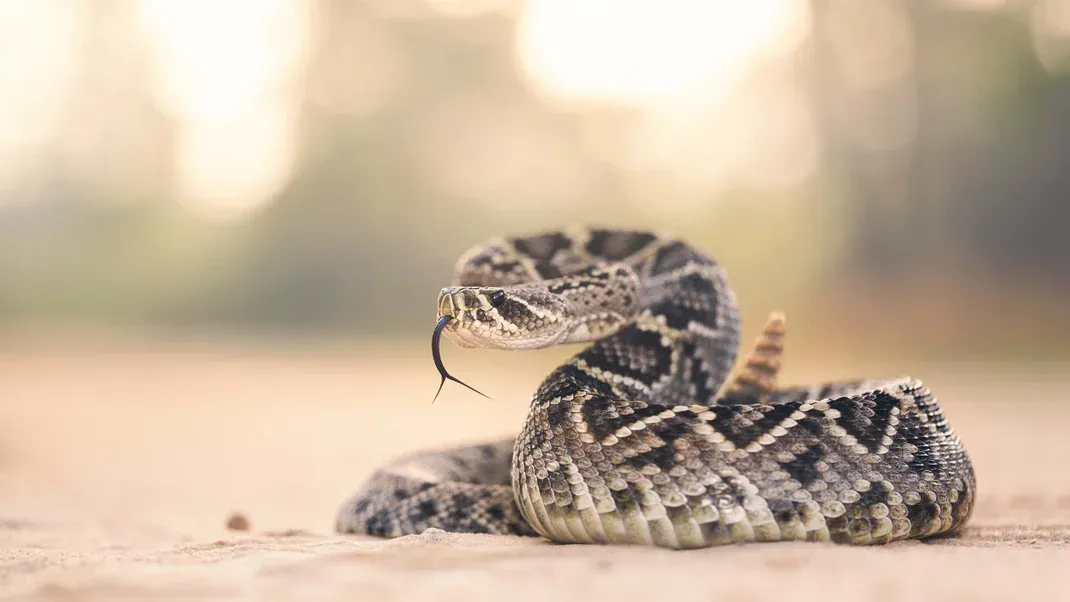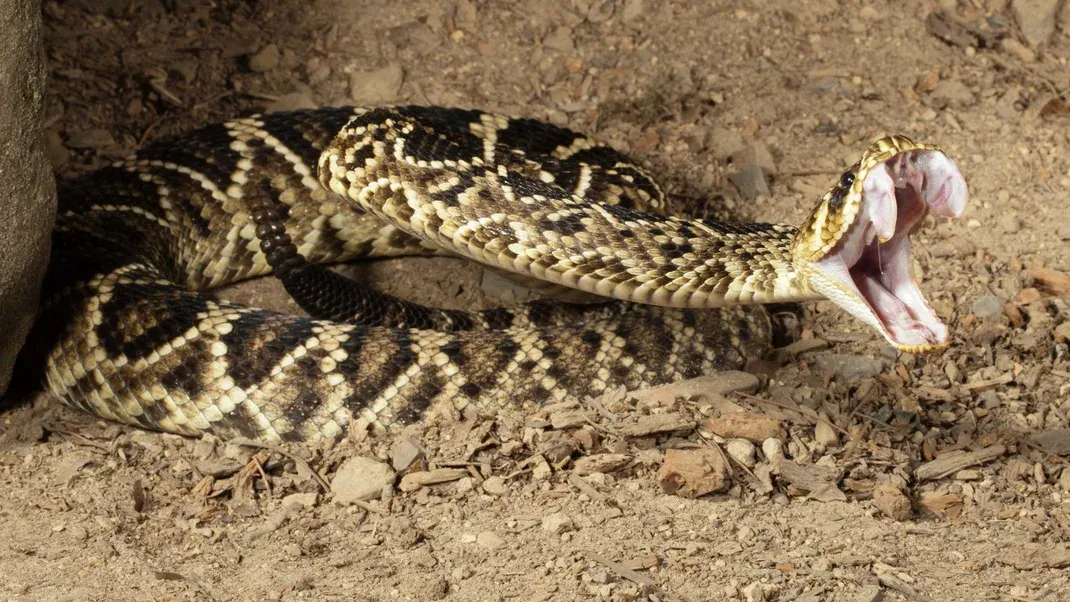Sorry, Hikers: Snake Repellents Don’t Work
Sorry, Hikers: Snake Repellents Don’t Work is a brief and informative article that discusses the ineffectiveness of snake repellents in deterring snakes while hiking. The article explains that many hikers rely on snake repellents such as mothballs, sulfur, and commercial snake repellent products to keep snakes away, but these methods have been proven to be ineffective. It provides evidence and expert opinions to support the claim that snake repellents do not work and offers alternative tips for hikers to stay safe from snakes while on the trails. The article aims to debunk the myth of snake repellents and educate hikers on more reliable snake safety measures.

Sorry, Hikers: Snake Repellents Don’t Work
For years, hikers and outdoor enthusiasts have relied on snake repellents to keep them safe from the dangers of venomous snakes while out in the wilderness. These products, often advertised as a surefire way to keep snakes at bay, have been a staple in many hikers' packs. However, recent research has shown that these snake repellents may not be as effective as once thought, leaving many to rethink their strategies for snake safety in the great outdoors.
The use of snake repellents has been a common practice for many hikers and outdoor enthusiasts. These products are typically made of a combination of chemicals that are meant to mimic the scent of predators, thus deterring snakes from approaching. Many hikers have sworn by the effectiveness of these repellents, believing them to be a crucial tool for staying safe in snake-infested areas.
However, a recent study conducted by researchers at the University of Georgia has cast doubt on the effectiveness of these snake repellents. The study, published in the Journal of Wildlife Management, found that the majority of snake repellents on the market today are largely ineffective at deterring snakes. In fact, the researchers found that snakes showed little to no response to the presence of these repellents, leading them to conclude that they are not a reliable method for snake deterrence.
The findings of this study have left many hikers and outdoor enthusiasts feeling uncertain about how to protect themselves from the dangers of venomous snakes. With snakebite incidents on the rise in many parts of the country, the need for effective snake repellents has never been more pressing. Unfortunately, it seems that the current options on the market may not be up to the task.
So, what are hikers to do in the face of this new information? Many are turning to alternative methods for snake safety, such as being more vigilant about their surroundings and avoiding areas where snakes are known to be prevalent. Others are exploring the possibility of using natural deterrents, such as certain plants or essential oils, to keep snakes at bay. However, the effectiveness of these methods remains to be seen, leaving many hikers feeling uncertain about how to stay safe in snake country.
The news that snake repellents may not work as advertised has also raised questions about the regulation of these products. With so many hikers relying on snake repellents for their safety, it's concerning to think that these products may not be as effective as once believed. Many are calling for more stringent testing and regulation of snake repellents, in order to ensure that hikers are not misled about the effectiveness of these products.
In the meantime, it's important for hikers to remain cautious and informed when venturing into snake territory. While snake repellents may not be a reliable method for deterring snakes, there are still plenty of ways to stay safe in the great outdoors. Being aware of your surroundings, wearing appropriate footwear, and knowing how to respond in the event of a snake encounter are all crucial steps for staying safe in snake country.
Ultimately, the news that snake repellents may not work as advertised is a wake-up call for hikers and outdoor enthusiasts. It's a reminder that when it comes to staying safe in the wilderness, there are no guarantees. While snake repellents may have seemed like a surefire way to protect oneself from venomous snakes, the reality is that there is no substitute for vigilance and awareness when it comes to staying safe in the great outdoors.
In conclusion, the recent research on snake repellents serves as a reminder that when it comes to wilderness safety, there are no easy answers. While many hikers may have relied on these products in the past, it's clear that they may not be as effective as once believed. This news serves as a reminder to hikers and outdoor enthusiasts everywhere to remain vigilant, informed, and prepared when venturing into snake country. With the right tools and knowledge, it's still possible to stay safe in the great outdoors, even in the face of the dangers of venomous snakes.




